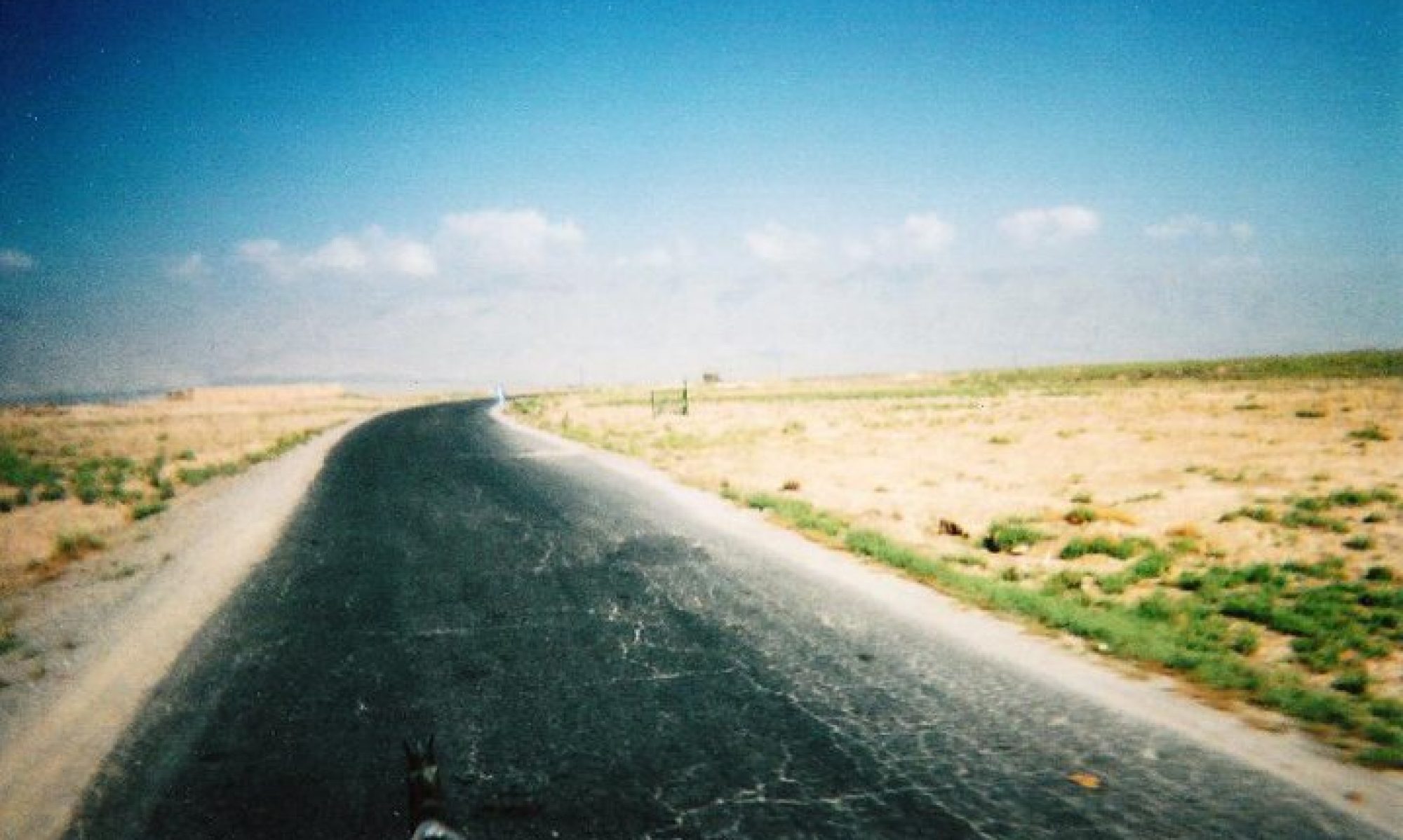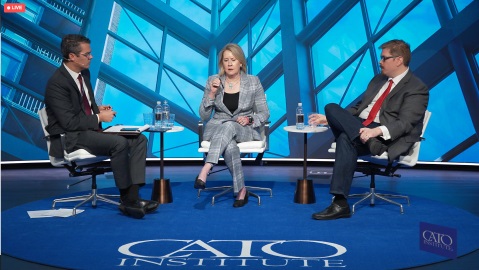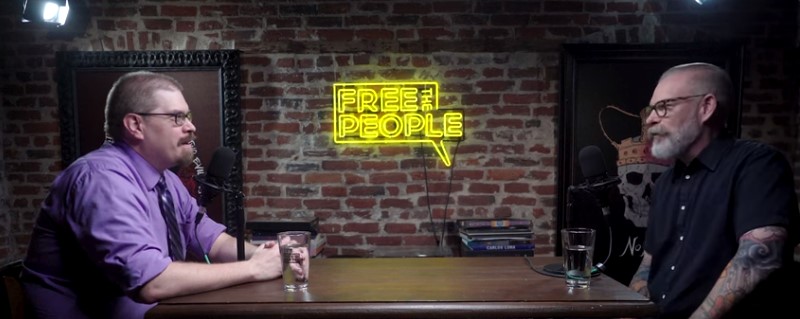Like a lot of veterans of Operation Enduring Freedom, I have been trying to process the collapse of the Afghan government and the return to power of the Taliban. As a historian (if I may be so bold as to call myself one) I understand that war is immensely complicated, and the reality of war never aligns neatly with the narratives which are formed for and by them
It has been tough. “What a waste” has been playing over and over in my head. I grew disillusioned with the war during my second string of deployments eight years ago, so I was somewhat prepared for this. But I didn’t think the collapse would be so quick and so catastrophic nor was I prepared for the human cost of our failure. All the lives lost, all the money spent, all the time wasted, and it was all for nothing. At the risk of sounding like a narcissist, I wrapped up the best years of my life in the war. I was 18 and in basic training on 9-11. I turned 21 at Bagram. I turned 30 in Kandahar. I spent six of the first 12 months of my relationship with my now wife deployed to Afghanistan. I’m glad that I came out alive and intact, but I cannot help but to ask, what was that all for?
I feel immense sorrow at times. During my first deployment, 2004-2005 there wasn’t much of a war to speak of. Young, dumb, and full of testosterone we were all bummed by this. We wanted action. We wanted revenge for 9-11. Thankfully and in hindsight, we didn’t see much action, despite being an infantry unit. Most of the time things felt like a peacekeeping mission. What violence existed was confined to the heavily Pashtun areas and small in scale. The kids would all wave and yell tashakkuri, “thank you” in Pashto. Few women in the cities wore burkas. In this little town named Janda, I remember walking to the local roadside shop for cigarettes, soda, and bolani without body armor and while lightly armed…it was safer than some spots in D.C.
And now all that peace is gone. Was that merely a lull? A mirage? I don’t know, I suppose that will be up to us historians to sort out. By my second wave of deployments (2010-2013), Janda had become a hotbed of Taliban activity. I helped to capture a Taliban commander who was living in Janda…coincidently, I had photos of his house taken during my leisurely jaunts eight years prior. It was a puzzling juxtaposition of progress lost.
I was perplexed by all this. It didn’t comport to the cartoon narrative I was indoctrinated with nor my liberal faith. Then I read report after report concerning the Taliban’s rural revival. In almost every instance, the impetus was the same. Just as in the mid-’90s, the locals wanted courts to mediate disputes, and security to stop the lawlessness. However brutal, the Taliban was preferable to bedlam and banditry. Nor did they want a western-backed government that was seen as corrupt and distant. And, of course, coercion was ever at play. It is hard to be brave and fight when the Taliban will kill your family, burn your house down, and chop your head off if you resisted…which they did.
I tried to remain stoic in my duties. However, I’d be lying if I said that I didn’t take a little pleasure in sending those kinds of people to hell.
It was clear to me by 2013 that there was no winning the war and that it was being waged surrounded by rampant waste, fraud, and abuse, at all levels and by our government and by our Afghan allies. My disillusionment with the war foreshadowed my political transformation to the libertarian right. I came to realize that no amount of American blood or treasure, no amount of central planning or support was going to prop up the Afghan government. President Biden was right…it was time to go.
Even if the war was ill-advised from the start, unjust, unwise, or we merely stayed too long, I am having a hard time coming to grips with how it ended. The tragedy of it all is just too difficult to conceptualize. I am thankful that my boy is only two because I don’t know how I would explain to him that sometimes the bad guys win.



